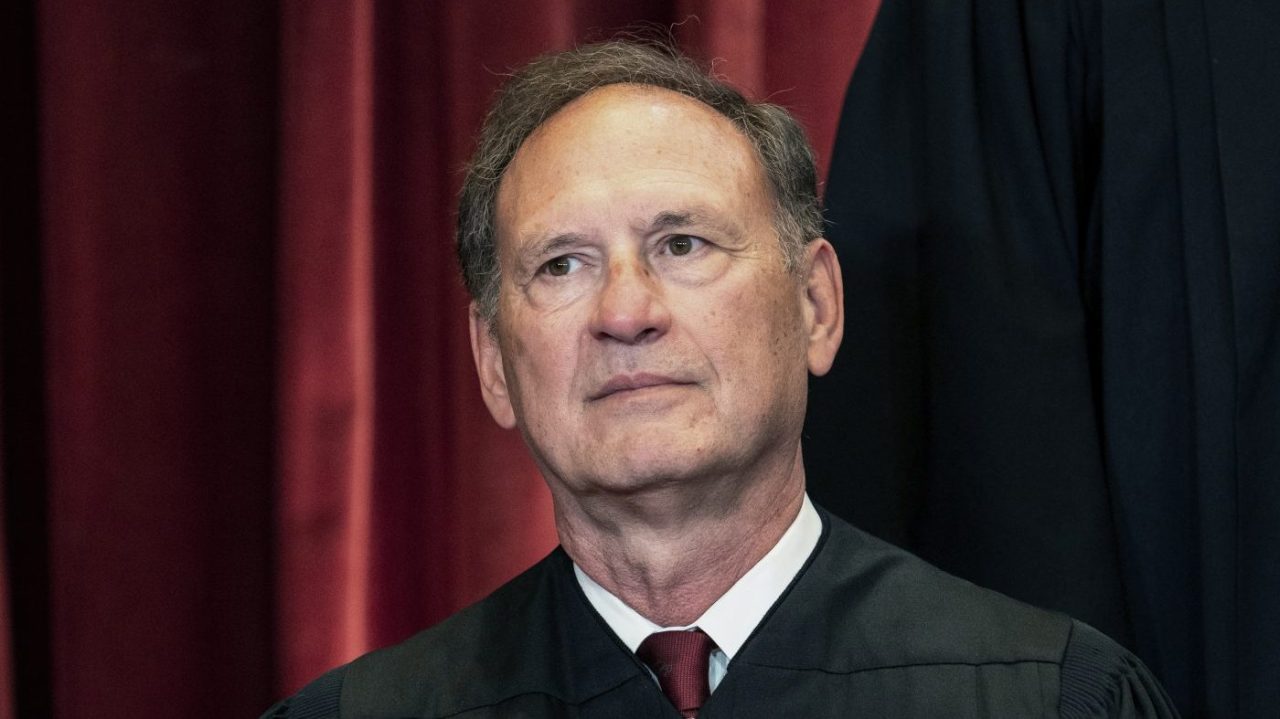Supreme Court Justice Samuel Alito no doubt intended to shock the political world when he told interviewers for the Wall Street Journal that “No provision in the Constitution gives [Congress] the authority to regulate the Supreme Court — period.”
Many observers dismissed his comment out of hand, noting the express language in Article III, establishing the court’s jurisdiction under “such regulations as the Congress shall make.”
But Alito wasn’t bluffing. His recently issued statement, declining to recuse himself in a controversial case, was issued without a single citation or reference to the controlling federal statute. Nor did he mention or adhere to the test for recusal that other justices have acknowledged in similar circumstances. It was as though he declared himself above the law.



The problem with requiring 60 plus votes is that it’s would be open season for the GOP to prevent nominations, then the second they had the Senate again, they’d remove the rule. Just like they did the last time.
Then add into the requirement that you need 75 votes to remove it.
Except that’s not how it works. At some point there will be a rule that can be removed with a simple majority. Because that’s all the constitution demands.
Also, these super majority rules are always abused by the rightwing to hinder actual progress.
No. The actual fix is restoring voting rights and making voting day a national holiday. Then we need to add jail time for voter suppression.
That’s the basics of a start to fixing things. I can think of two or three more changes that we’d have to make before even beginning to talk about changes to the senate and supreme court.
But to get any of the changes to stick we’d have to pack the court with judges who are not partisan hacks.